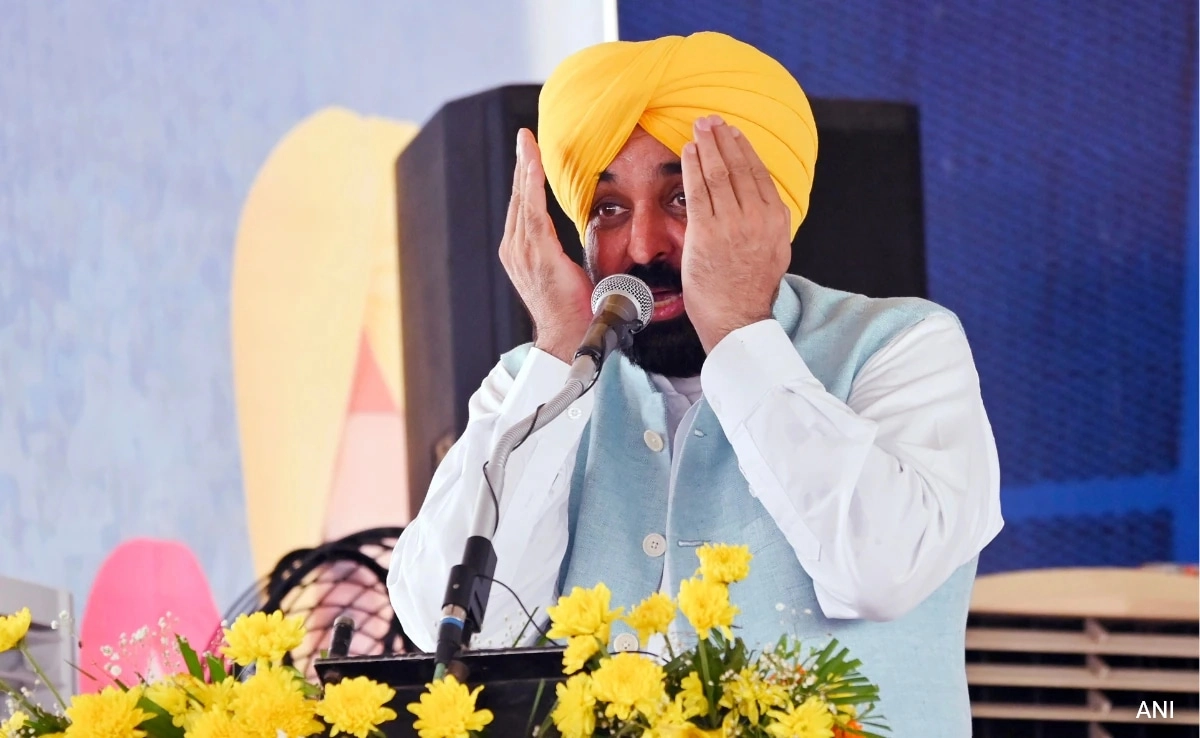The panel tasked with investigating the Kaleshwaram Project in Telangana has successfully completed its probe and has submitted a comprehensive report detailing its findings. This ambitious irrigation initiative, which aims to bolster water supply to various regions in the state, has been under scrutiny due to concerns over its implementation and management. The Kaleshwaram Project, one of India’s largest lift irrigation schemes, is pivotal for enhancing agricultural productivity and ensuring that water reaches parched areas. However, questions about its financial management, environmental impact, and overall efficacy have led to calls for a thorough investigation.
The report submitted by the panel encompasses various aspects of the project, including its planning, execution, and the challenges faced during its implementation. It highlights both the achievements and shortcomings of the initiative, providing a nuanced understanding of its impact on local communities and ecosystems. Stakeholders, including farmers and local residents, have expressed mixed feelings about the project’s benefits, with some appreciating the increased water availability while others raise concerns about displacement and ecological disruption. The panel’s findings are expected to inform future policies and approaches to similar projects, ensuring that lessons learned from Kaleshwaram can guide sustainable development strategies.
Additionally, the report delves into the financial aspects of the Kaleshwaram Project, analyzing expenditures and identifying areas where cost overruns occurred. This financial scrutiny is crucial, as taxpayers and government officials seek transparency and accountability in the management of such significant public investments. The panel’s recommendations may lead to reforms aimed at improving project governance and ensuring that future initiatives are executed more effectively. As the state government reviews the findings, it faces the challenge of balancing development needs with environmental sustainability and social equity, a task that will require careful deliberation and stakeholder engagement.
Overall, the completion of the probe marks a significant step towards understanding the complexities of the Kaleshwaram Project and its implications for water management in Telangana. The insights gained from this investigation will not only shape the future of the project itself but also influence how similar initiatives are approached across India. As the state moves forward, the lessons learned from this comprehensive analysis will be invaluable in creating a more resilient and equitable framework for water resource management, ultimately benefiting the agricultural sector and the communities that depend on it.




